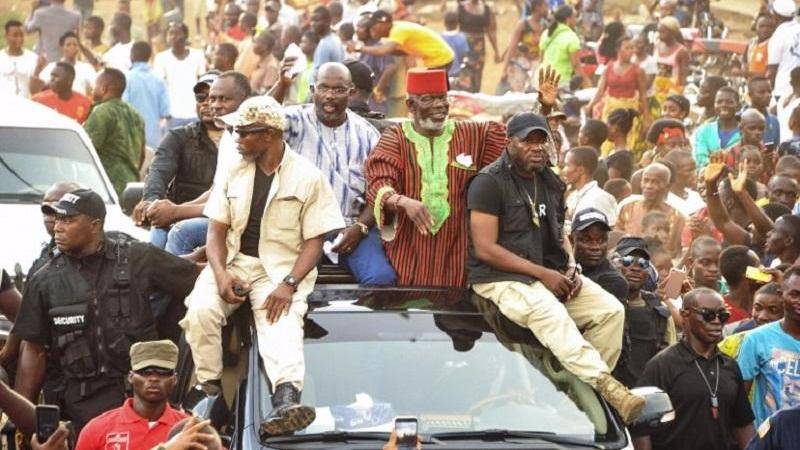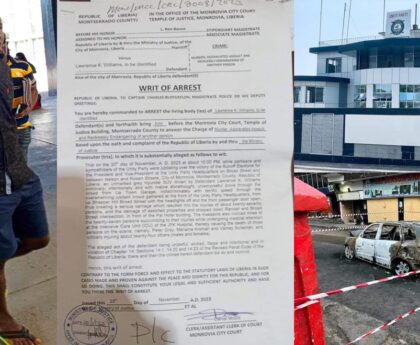The Liberian General Elections of 2023 witnessed a significant shift in the political landscape, not only in terms of the candidates but also in the way information was disseminated. The impact of social media and citizens journalism played a pivotal role, ultimately leading to the election of Ambassador Joseph Nyumah Boakai as the President of Liberia, defeating incumbent President George Weah.
The CDC’s Oversight:
The ruling party, the Coalition for Democratic Change (CDC), faced challenges in adapting to the digital age. Overlooking the power of social media, they opted for personal attacks on Ambassador Joseph Nyumah Boakai, targeting his wealth and age. Instead of investing in digital propaganda channels, the CDC engaged Talkshow host Henry P. Costa for character assassination, focusing on undermining Boakai’s credibility.
Unity Party’s Social Media Strategy:
In contrast, the Unity Party recognized the potential of social influence and citizens journalism. Their campaign embraced a strong social media outreach, mobilizing known and unknown volunteers who became influencers in the digital space. This strategic move allowed the Unity Party to connect with a broader audience and counter the personal attacks initiated by the CDC.
Volunteerism vs. Induced Influence:
One of the defining aspects of this election was the contrast between the Unity Party’s volunteer influencers and the CDC’s financially induced social media influencers. Unity Party volunteers were driven by a genuine passion for their candidate, while CDC influencers, motivated by financial incentives, exhibited varying levels of commitment. This difference in motivation played a crucial role in the effectiveness of their respective social media campaigns.
Henry P. Costa’s Role:
The hiring of Henry P. Costa by George Weah’s campaign for character assassination marked a turning point. While attempting to tarnish Ambassador Boakai’s image, this move inadvertently sparked a rallying cry among social media users in favor of Boakai. Costa’s tactics were seen as divisive and prompted a united front from supporters of the Unity Party.
Conclusion:
The Liberian General Elections of 2023 showcased the transformative power of social media and citizens journalism in shaping political narratives. The Unity Party’s adept use of digital platforms and the genuine commitment of its volunteers proved instrumental in securing Ambassador Joseph Nyumah Boakai’s victory. On the other hand, the CDC’s oversight and reliance on divisive tactics highlighted the evolving dynamics of political communication in the digital age. As nations continue to grapple with the influence of social media, the lessons from Liberia serve as a reminder of its potential to both construct and deconstruct political fortunes.




